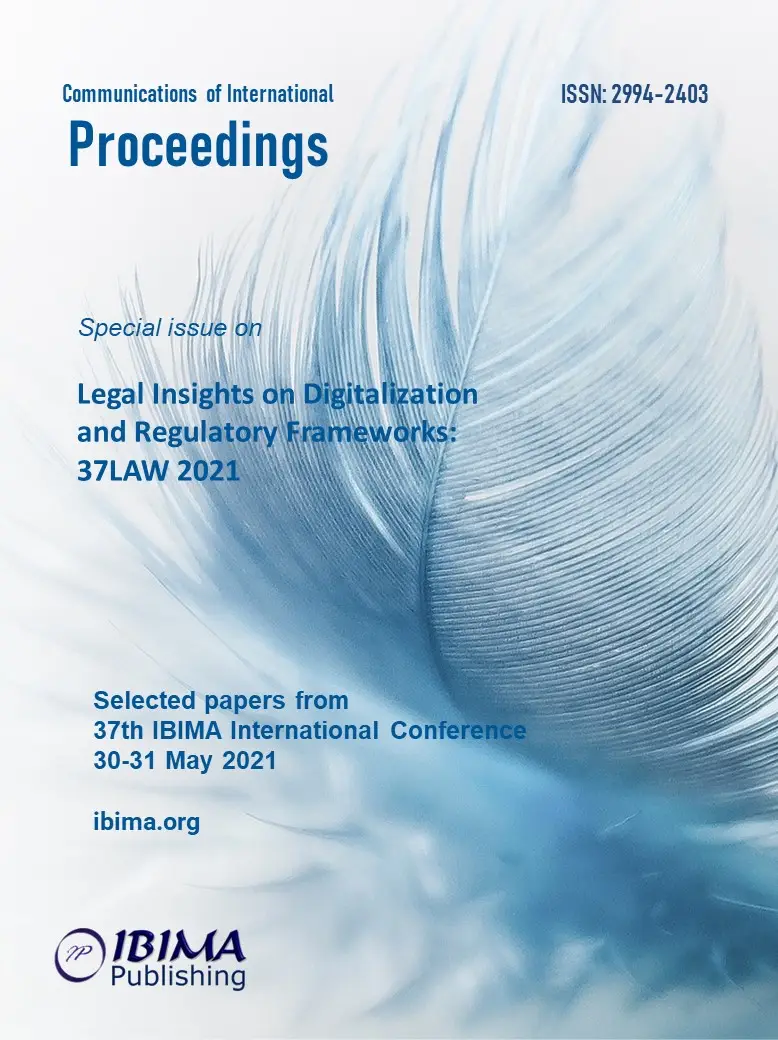

Alina Gentimir
“Alexandru Ioan Cuza” University, Romania

The current paper aims to underline the new dimensions of the right to privacy in the field of personal data protection within the context of ascending limitations imposed by security requirements in the era of globalization. Its specific premise provides that the technological and communications developments within the general context of globalization engage an extension of privacy regardless of the level of the research approach: national, European, global. Simultaneously, occurs the enlargement of the geographic area for the application of the privacy protection regulations, especially in the conditions of appearance and evolution of specific grounds for such as medical crisis, cybercrimes, mass-surveillance, grounds which justify new and distinctive regulations. For a comprehensive analysis, using the methodology of the research based on the provisions of legal science referring to personal data protection, and also on the logical-legal, historical, comparative-legal, and sociological research methods, the current paper submits the relevant conceptual delimitations which might be involved within the circumstances of the most recent challenge for the right to privacy: protection of personal data. Beyond strategic relevance, Council of Europe, European Union, and United Nations legal documents provide fundamental rules for personal data protection, such as lawfulness, fairness, and transparency of processing principles, the principle of purpose limitation, principle of data minimization, the principle of data accuracy, the principle of storage limitation, principle of data security, the principle of accountability. Taking into consideration the current European and international level of regulation for personal data protection and the high frequency of cases in which privacy is violated intentionally and unintentionally, the main conclusion which results is that, unfortunately, the balance between protection of the security and safeguarding of human rights is seriously broken.